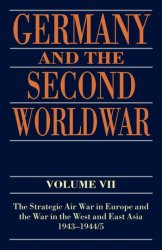Despite the apparent 'restoration' of order in 1815, beneath the surface there were ideological stirrings deriving in large part from the revolutionary turmoil, but drawing some of their force from developments going back into the eighteenth century. One of these ideologies might loosely be termed liberalism: the dawning consciousness among a growing number of Europeans after 1789, even in Eastern Europe, that individual political rights, however narrowly defined, ought to count for something, and that this basic principle should in some way be translated into a constitution, or other institutional framework defining these rights, as well as the obligations of governments. The other main force of the age was nationalism, or as contemporaries referred to it, the 'principle of nationality'. Of the two, nationalism might now seem to us the more significant, but it is important to remember that in the minds of people at the time the concept of liberty was the starting point. Political upheavals in this period were arguably more about basic issues of political rights than they were about nationalism, although in some cases they rapidly took on a nationalistic character. In addition, there were serious economic and social tensions building up, which possessed their own dynamic. Some of these tensions were the product of industrialisation, or were rather the effects of industrialisation elsewhere, which was already having a knock-on effect in East European societies.
|
|
||||||||
|
Www.WorldHistory.Biz
Sundries
 Contact Contact
|
 
18-05-2015, 22:10
Forces of the Age: Liberalism, Nationalism and Economic Change 1804-67
  |
|||||||
 |
 |
 |
 |
|||||
|
||||||||

 World History
World History





